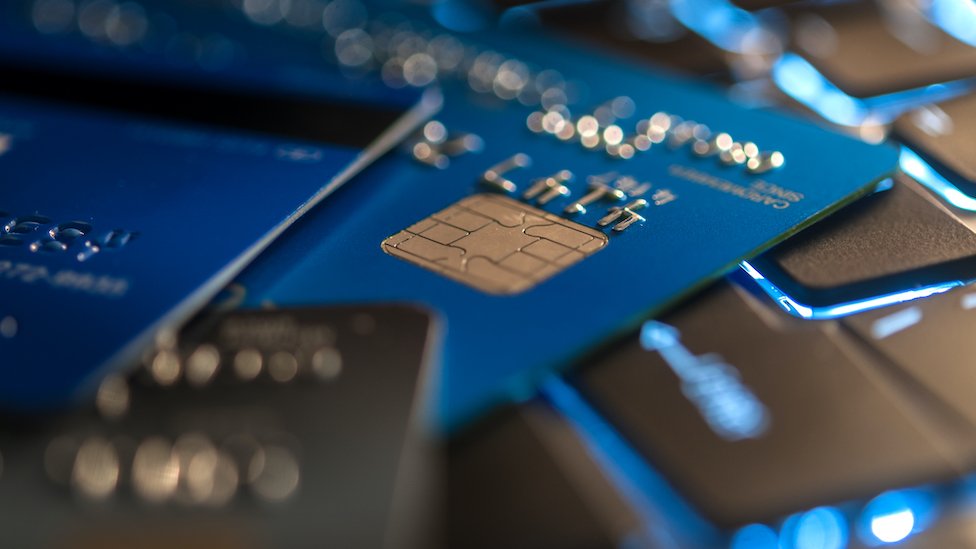In the shadowy corners of the internet where anonymity reigns supreme, one name consistently emerges in discussions about illicit financial data: bclub. Often mentioned in underground forums, bclub has garnered bclub a controversial reputation for offering so-called “premium dumps” and CVV2 data. While these terms are associated with illegal activities, cybersecurity analysts, threat researchers, and data professionals have a legitimate interest in understanding platforms like bclub—not to use them, but to study and track them.
So, why do data professionals focus on platforms like bclub? What do “premium dumps” and “CVV2” even mean? And how does this knowledge contribute to improving cybersecurity worldwide?
Let’s unpack these questions and explore why bclub has become a focal point in threat intelligence circles.
What Are Dumps and CVV2?
Before diving into bclub’s role, it’s essential to understand the terminology.
1. Dumps
“Dumps” refer to digital copies bclub.tk of information contained in the magnetic stripe of a credit or debit card. They typically include:
- Track 1 and Track 2 data
- Cardholder name
- Card number and expiration
- Sometimes PIN and service codes
These dumps can be written onto blank plastic cards using a card writer, creating counterfeit cards for fraudulent use at point-of-sale terminals.
2. CVV2
CVV2 stands for Card Verification Value 2. It’s the 3-digit or 4-digit code on the back (or front, in some cases) of credit cards. It’s mainly used for:
- Online transactions
- Card-not-present scenarios
- Fraud prevention
When dumps and CVV2 data are combined, they enable not just online fraud, but also physical card cloning—a dangerous combination for financial security.
Who Are “Data Professionals” in This Context?
The term “data professionals” typically brings to mind data analysts, engineers, or IT managers. However, in the realm of cybercrime monitoring, it includes:
- Cybersecurity analysts
- Digital forensics experts
- Threat intelligence researchers
- Law enforcement agencies
- Fraud prevention teams at banks
These professionals aren’t customers of platforms like bclub, but rather watchdogs—closely monitoring these networks to understand and dismantle them.
Why bclub Draws Attention from Professionals
Despite its illegal operations, bclub has become known in the dark web world for:
- Large inventory of high-quality card data
- Fast delivery systems
- Filtering tools (by country, bank, card type)
- Detailed reputation systems and user reviews
Here’s why professionals take interest:
1. Intelligence Gathering
Threat researchers and ethical hackers often conduct passive reconnaissance on platforms like bclub to learn:
- Who is operating the service
- Where the data is coming from (geography, bank type, POS systems)
- How users interact (indicating the scale and type of cybercrime involved)
This data is then used to help law enforcement and industry stakeholders develop better defenses.
2. Trend Analysis
By studying dump availability, price fluctuations, and demand on bclub, professionals can spot trends such as:
- Targeted geographic regions
- Popular types of cards (corporate, debit, rewards)
- Increasing breaches in specific sectors (hospitality, retail, etc.)
3. Attribution and Tracking
Some cybersecurity firms create honeypot accounts to trace crypto transactions made on such platforms. This can eventually lead to identifying operators or linking them to other criminal activity.
The Business Model Behind bclub
Understanding the model helps professionals predict how the platform evolves:
- Registration & Verification: Users often need to be vetted or invited.
- Funding: Cryptocurrency wallets, usually Bitcoin or Monero, are used for anonymity.
- Inventory Access: Search filters, rankings, and even customer support mimic legitimate e-commerce stores.
- Affiliate & Resale Channels: Some bclub users become resellers, widening the data breach impact.
By mimicking e-commerce efficiency, bclub sets a high bar for black market user experience—making it even more vital for cybersecurity experts to counter it effectively.
Risks and Impacts: Why This Matters
While professionals don’t support or use these platforms, they study them because of the massive risks involved.
1. Financial Damage
Globally, financial institutions lose billions to card fraud, often sourced from platforms like bclub. Fraudulent purchases, chargebacks, and insurance costs stack up quickly.
2. Consumer Identity Theft
When your card data is sold on bclub, it’s not just a transaction—it can lead to full identity theft, credit fraud, and long-term damage to your financial credibility.
3. Organized Crime Funding
These platforms are often tied to:
- Human trafficking
- Money laundering
- Cyberterrorism financing
Understanding bclub’s ecosystem helps disrupt not just fraud, but far-reaching criminal operations.
How Professionals Use This Knowledge to Build Defenses
1. Machine Learning Fraud Detection
By feeding dump characteristics and patterns into AI models, financial institutions can flag and block unauthorized transactions more quickly.
2. Dark Web Monitoring
Security companies now offer tools that scan platforms like bclub 24/7. If your data appears, alerts can be sent in real-time, allowing you to cancel cards and take action.
3. Collaboration with Law Enforcement
Joint operations between cybersecurity firms and agencies like the FBI or Europol often start with monitoring platforms like bclub. Intelligence gathered here has led to arrests, infrastructure takedowns, and increased public awareness.
Staying Safe as a Consumer
Even if you’re not a data professional, knowing how platforms like bclub operate helps you stay alert. Follow these tips:
- Never reuse card details across websites.
- Use virtual or single-use cards for online purchases.
- Check your bank statements weekly.
- Enable 2FA on all financial apps and portals.
- Use alerts for transactions above a certain threshold.
Final Thoughts: Why Awareness is Power
The phrase “Why Data Professionals Trust bclub for Premium Dumps & CVV2” may seem like an endorsement, but in truth, it reflects a harsh digital reality. Platforms like bclub thrive in the shadows, but by shining a light on how they work, cybersecurity professionals empower individuals, banks, and governments to respond effectively.

